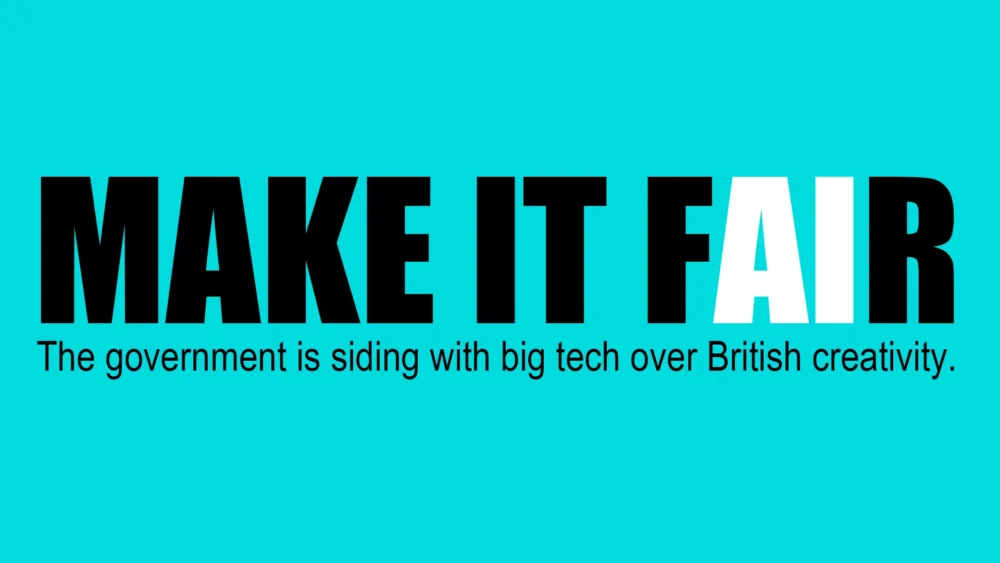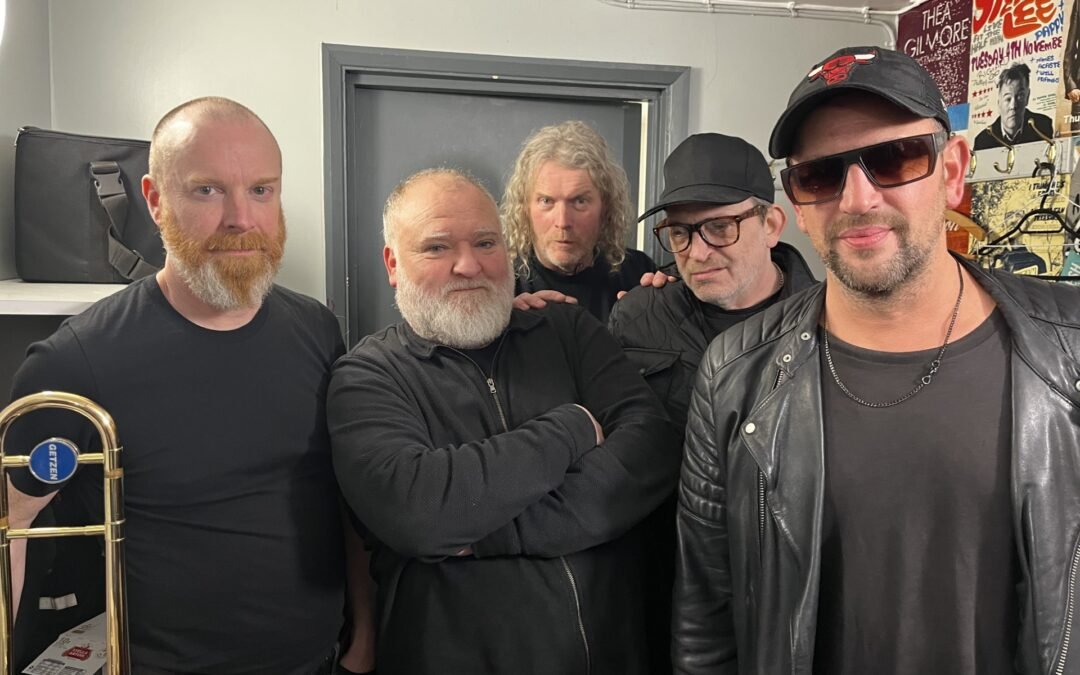
#MAKEITFAIR Say NO To AI Copyright Theft

Dawn Of Ashes Release New Single Prior To Album Release
The dark electronic/aggrotech act Dawn Of Ashes (DOA) have released a new single entitled ‘Viral Decay’ today.

Tyler Bryant Releases His Fifth Solo Single, “Screwed & Tattooed”
For the two-time Grammy Award winner Tyler Bryant, the spontaneous creation of “Screwed & Tattooed” represents exactly what he envisioned when building his own studio space, a place where inspiration can be captured in real time.

Rockabilly Icon Dale Watson Releases An Ode To Love
Dale Watson is excited to announce the release of a new single, “If You Really Love Me (Outlive Me.)

Sarah McGuinness Releases Musical Anthem As She Brings The Halyon Club Back To London’s Soho
Emmy nominated film director/producer and friend of JLTT Sarah McGuinness re-releases her most successful single to date as the stonkin’ anthem to the first opening of The Halyon Club in London for three decades.

DODGY Announce New Album and Release New Single
Britpop originals DODGY launch the next chapter of their return with a brand-new single, album confirmation, a UK tour and anniversary celebrations for one of the defining albums of the 90s.




